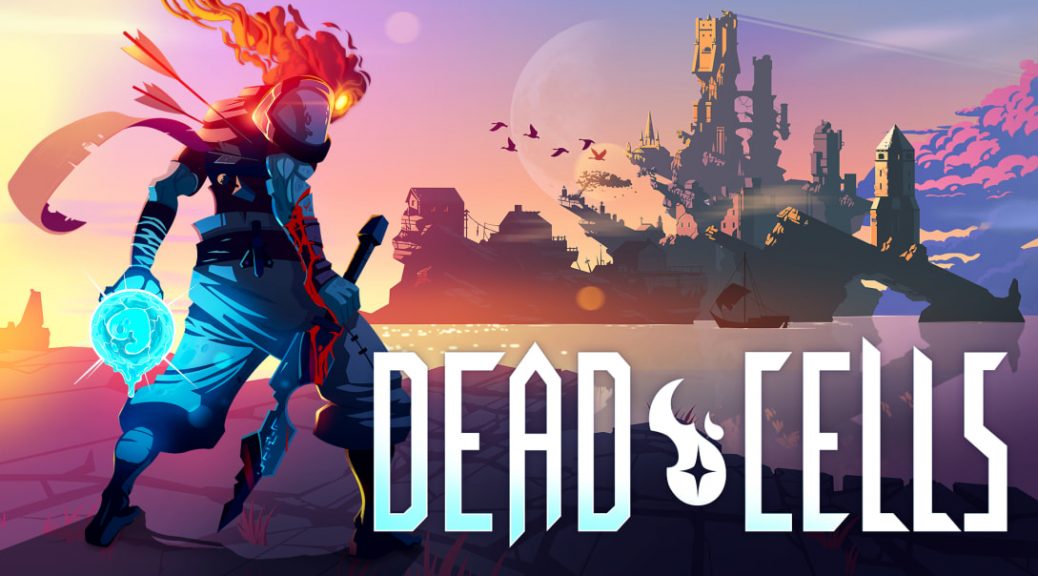
Dead Cells
Dead Cells is a perfectly well-made game that’s just not particularly interesting. It’s a roguelike Metroidvania, two genres that have been in the indie spotlight for so long that their combination isn’t even that noteworthy anymore. Mechanically, it’s undoubtedly superior to the others, which is enough to place it above the more mediocre entries, but without its own identity, it’s stuck in the shadow of the more unique and memorable ones like Rogue Legacy. One unusual trait it has is that there’s very little equipment available initially. This makes early runs extremely similar but also extends and steadies the flow of new unlocks, so the engagement curve remains plateaued at its peak for longer than normal, but that peak isn’t as high as it could be.
The best thing about Dead Cells is simply the sensation of playing it. The controls do a remarkable job of smoothing out potentially cumbersome maneuvers such as ledge grabs, and the sound design makes practically every action a concentrated dopamine injection. The music can be foreboding or grandiose depending on the setting, and the extravagant pixel art is appealing when it’s not being obscured by endless particle effects. Conversely, attempting to follow the narrative will be largely disappointing. It’s a prime example of how environmental storytelling can be misused, as it’s all intrigue and lore with no payoff. It required a free DLC to make some amount of sense, and even then, it still doesn’t make much sense.